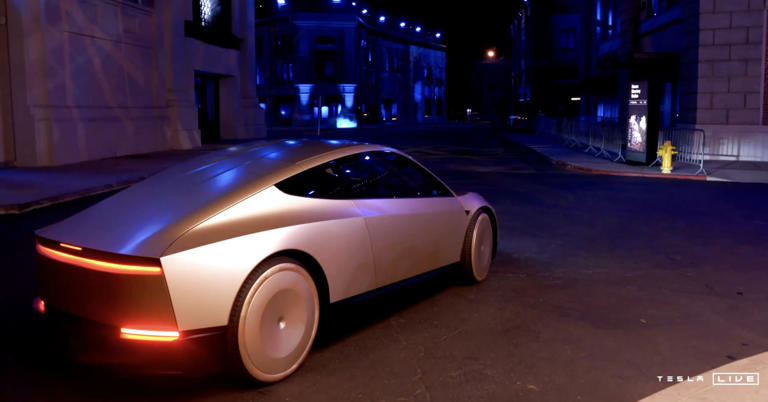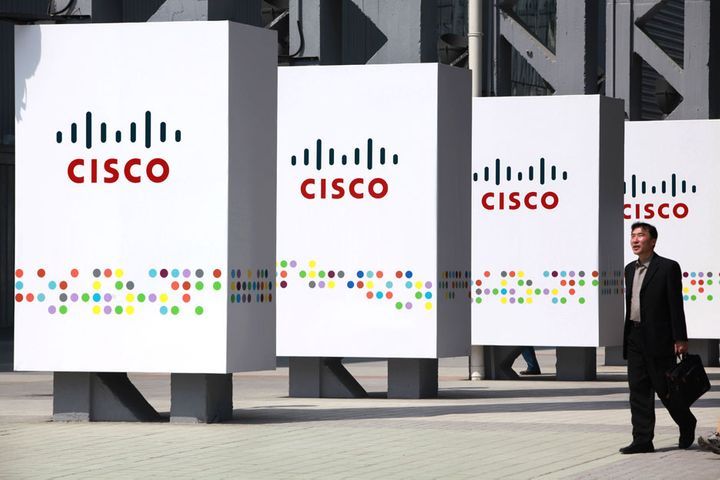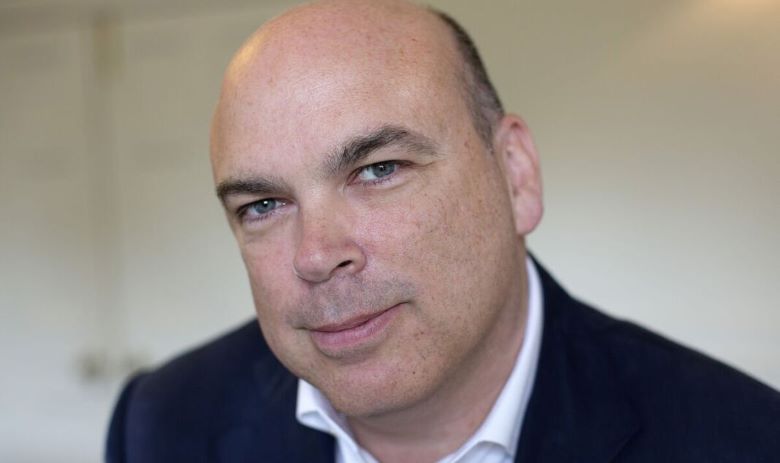Nandini Roy Choudhury, writer
Brief news
- Tesla’s shares dropped 9% after CEO Elon Musk unveiled the Cybercab self-driving concept at the “We, Robot” event, which lacked detailed near-term opportunities and production plans.
- Analysts criticized the event for insufficient updates on Tesla’s Full Self-Driving (FSD) system and overall strategy.
- The rollout of self-driving cars remains uncertain due to regulatory concerns, with Waymo being a notable competitor already offering robotaxi services.
Detailed news
Tesla’s shares plummeted by 9% on Friday morning following the company’s eagerly anticipated robotaxi event, during which CEO Elon Musk unveiled the Cybercab self-driving concept car.
At Tesla’s “We, Robot” event on Thursday night, Musk unveiled the Cybercab concept vehicle, a low, silver two-seater that lacks steering wheels and pedals. The vehicle is part of Tesla’s ambitious plan to establish a fleet of autonomous vehicles and robots.
It is intended that the vehicle be capable of autonomous operation upon its deployment. Musk expressed the company’s intention to manufacture the Cybercab by 2027, but he did not provide any information regarding the location of the production facility. He stated that Tesla Cybercabs would be available for purchase at a price below $30,000.
He also stated that he anticipates Tesla’s Model 3 and Model Y electric vehicles will be equipped with “unsupervised FSD” in Texas and California by the end of the year. FSD, or Full Self-Driving, is Tesla’s premium driver assistance system. It is currently accessible in a “supervised” variant for Tesla electric vehicles.
The technology still necessitates a human pilot who is prepared to steer or decelerate at any moment.
“The momentum that preceded the event fades.”
In response to the Thursday event, analysts at Barclays stated that the revelations had not effectively emphasized any near-term opportunities for Tesla, instead emphasizing Musk’s vision for an entirely autonomous driving future.
“The event was light on details, as anticipated, and instead focused on the vision that underpins Tesla’s growth endeavors in AI/AV [autonomous vehicles], as reflected in prior Tesla product unveils,” wrote Barclays’ U.S. automobiles & mobility team in a note published early on Friday.
“However, there were no updates that suggested opportunities in the near future.” They also stated that Tesla did not exhibit its low-cost model that was intended for production in 1H′25. “We also did not receive any data that indicated improvements in the system or near-term updates on FSD progress.”
According to a separate Friday note from Piper Sandler analysts, “the robo-taxi unveiling will be underwhelming for most trading-oriented firms.”
The investment bank’s analysts stated in the note that they would not be astonished if the stock experiences a decline in the upcoming weeks as the pre-event momentum diminishes.
Morgan Stanley, on the other hand, posited that Musk did not effectively argue that Tesla is an AI company during the event. The bank’s analysts observed that Musk did not provide any information regarding Tesla’s FSD system enhancements or the rumored plans for a partnership between Tesla and xAI, Musk’s AI company. Musk has previously denied the existence of such allegations.
Morgan Stanley’s analysts wrote in a note on Friday that the event “overall disappointed expectations” due to a paucity of data regarding the rate-of-change on FSD/tech, ride-share economics, and go-to-market strategy.
“The presentation’s substance and detail let us down in general.” Consequently, we anticipate that TSLA will be under duress in the aftermath of the incident,” they concluded.
It is anticipated that it will be several years before self-driving cars become a common sight on public roadways, as regulators are apprehensive about the safety features that are integrated into these vehicles.
Google’s Waymo is one of the few companies that has successfully introduced self-driving cars to public roadways. The company has been providing its robotaxi service to the general public since June.
Source : CNBC News




